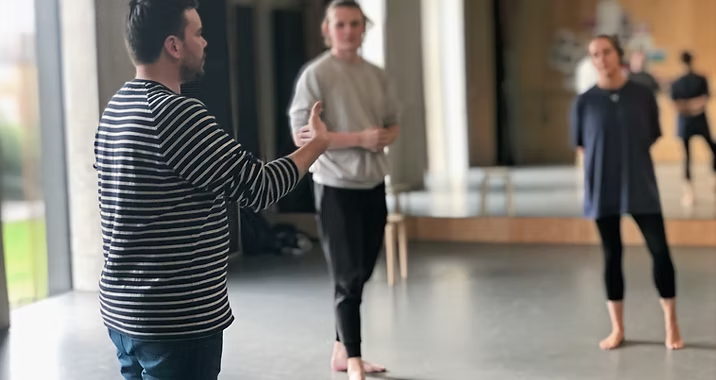Acting is more than memorizing lines and delivering them on stage or in front of a camera. It is about connecting with emotions, portraying believable characters, and leaving a lasting impact on the audience. Many aspiring actors, and even experienced performers, turn to an acting coach to sharpen their skills and reach their full potential. An acting coach can guide you through the process of refining your craft, building confidence, and discovering abilities you might not have known you had.
Understanding Your Strengths and Weaknesses
One of the first things an acting coach does is evaluate where you currently stand as a performer. They can identify your natural strengths, whether it is emotional expression, stage presence, or the ability to memorize and deliver lines with clarity. At the same time, they will also help you address any weaknesses, such as unclear diction, limited emotional range, or stage anxiety. Having an expert evaluate your performance gives you a clear roadmap for improvement.
Learning Proven Acting Techniques
There are many different acting methods, such as the Meisner technique, Stanislavski’s system, or method acting. Without guidance, it can be overwhelming to figure out which approach works best for you. An acting coach helps you understand these techniques and teaches you how to apply them in real situations. This way, you learn how to adapt your performance style to different roles, scripts, and settings, which is an essential skill for professional growth.
Building Emotional Connection with Characters
A great performance depends on how deeply you can connect with the character you are playing. An acting coach will work with you to go beyond the surface level of the role. They help you explore the character’s motivations, fears, and desires so that your portrayal feels authentic. This emotional depth allows you to move your audience and make them believe in the story you are telling.
Improving Voice and Body Language
Your voice and body language are powerful tools in acting. Even the best lines lose impact if they are delivered in a monotone voice or without proper expression. An acting coach can train you in voice modulation, projection, and pacing so that your words reach the audience with clarity and emotion. They also help you master body language, ensuring your movements match the mood and energy of the scene. This combination of vocal and physical skills makes your performance more engaging and memorable.
Overcoming Stage Fright and Nervousness
Many actors, no matter how talented, struggle with stage fright or nervousness before performing. An acting coach provides strategies to manage these feelings, such as breathing techniques, mental focus exercises, and confidence-building practices. With consistent coaching, you can learn to channel nervous energy into your performance instead of letting it hold you back. This not only improves your acting but also boosts your overall self-confidence.
Preparing for Auditions and Professional Work
Auditions are a critical part of an actor’s career, and they can be very competitive. An acting coach can help you prepare thoroughly by selecting suitable audition pieces, polishing your delivery, and offering feedback on your presentation. They also give insights into industry expectations, helping you understand what casting directors are looking for. This professional guidance can make a significant difference in landing roles.
Continuous Growth and Development
Acting is a craft that requires constant learning and practice. Even seasoned actors work with coaches to stay sharp and explore new possibilities in their performances. An acting coach encourages you to step out of your comfort zone, take creative risks, and keep refining your abilities. This ongoing growth ensures that your skills remain relevant and adaptable in a constantly changing industry.
Conclusion
Working with an acting coach is not just for beginners—it is a valuable investment for anyone serious about improving their acting skills. From helping you understand your strengths to teaching advanced techniques and building emotional depth, a coach can guide you toward becoming a more confident, versatile, and impactful performer. With their support, you can unlock your true performance potential and bring your characters to life in ways that captivate and inspire audiences.

